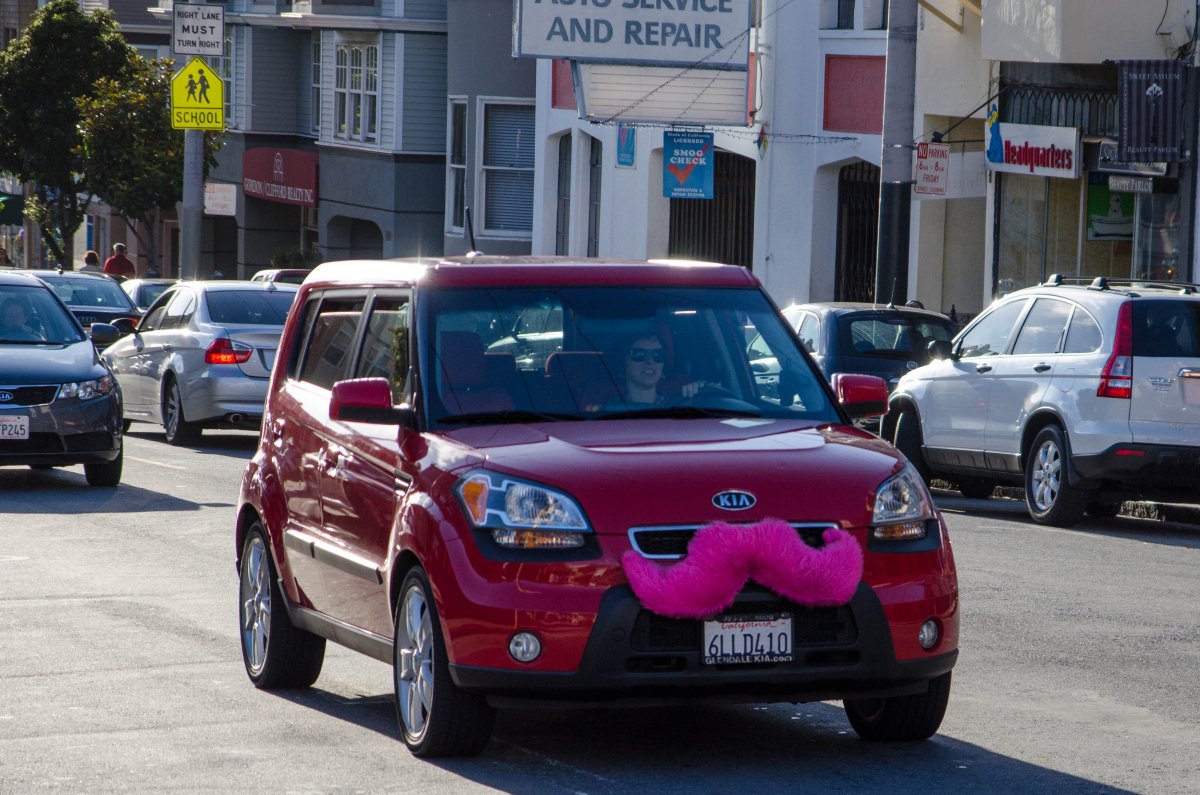The US ride-hailing company Lyft will be working with the Chinese company Baidu to deploy robotaxis throughout Europe. This is set to begin next year. This was announced by the US company on Monday. Lyft will deploy Baidu’s sixth-generation Apollo Go autonomous vehicles in key European markets via the Lyft platform, according to the announcement.
The first deployments are planned for Germany and the United Kingdom from 2026, provided the relevant authorities give the green light. The fleet is then to be expanded to thousands of vehicles across Europe in the following years. Lyft’s takeover of the German cab broker FreeNow, which was completed last week at a cost of almost 175 million euros, is likely to play an important role in this. With the takeover, Lyft is taking a major step into the European market. FreeNow operates in nine European countries and over 180 cities. The strategic partnership with the Chinese technology group will now deepen the company’s move into Europe.
“Thanks to Baidu’s many years of experience in operating the world’s largest autonomous driving service, we can make all the benefits of autonomous vehicles (AVs)—safety, reliability, and privacy – available to millions of Europeans,” said David Risher, CEO of Lyft. “It’s part of our hybrid network approach, where AVs and human drivers work together to provide riders with customer-centric options.”
Baidu expands into Europe
Baidu is currently deploying its Apollo Go in 15 cities worldwide and, according to the press release, has over 1,000 operational AVs that have already completed beyond eleven million rides in total. For Baidu, the collaboration with Lyft is also a major step in its expansion into Europe. “Our partnership with Lyft to deploy Apollo Go in Europe, starting with Germany and the United Kingdom, is a significant milestone in our global journey,” said Robin Li, co-founder, chairman, and CEO of Baidu. “By integrating Baidu’s innovative autonomous driving technology with Lyft’s platform reach and operational expertise, we look forward to bringing safer, greener, and more efficient mobility solutions to more users.”
As part of the partnership, Lyft will operate the platform and take care of customer service and fleet logistics, while Baidu will provide the autonomous vehicles and technical support.
Dynamics in the robotaxi market
According to a report by the news agency Reuters, the British government has accelerated the timetable for the introduction of robotaxis. It is aiming for the first services with paying passengers by spring 2026.
In general, there is currently a lot of movement in the market for autonomous cabs, with more and more players entering the market worldwide. In mid-June, Tesla launched its first robotaxi service in Austin, Texas, with a few cars and accompanying passengers. Alphabet subsidiary Waymo, on the other hand, is accelerating its expansion. The company recently received its operating license for the Bay Area. Waymo already offers its robot cab service in the major US cities of Phoenix, San Francisco, Los Angeles, and Austin. A further 2,000 fully autonomous vehicles are to be added to the fleet by 2026.
Lyft competitor Uber, on the other hand, wants to bring self-driving cars onto the roads in the USA from 2026 in collaboration with Volkswagen. Uber is also working with the start-up Momenta to introduce robotaxi services outside the USA and China. In Europe, the vehicles should be on the road by 2026. This is likely to have increased the pressure on Lyft to expand beyond its North American home market and also target the market for self-driving cabs.
(akn)
Don’t miss any news – follow us on
Facebook,
LinkedIn or
Mastodon.
This article was originally published in
It was translated with technical assistance and editorially reviewed before publication.
Dieser Link ist leider nicht mehr gültig.
Links zu verschenkten Artikeln werden ungültig,
wenn diese älter als 7 Tage sind oder zu oft aufgerufen wurden.
Sie benötigen ein heise+ Paket, um diesen Artikel zu lesen. Jetzt eine Woche unverbindlich testen – ohne Verpflichtung!
